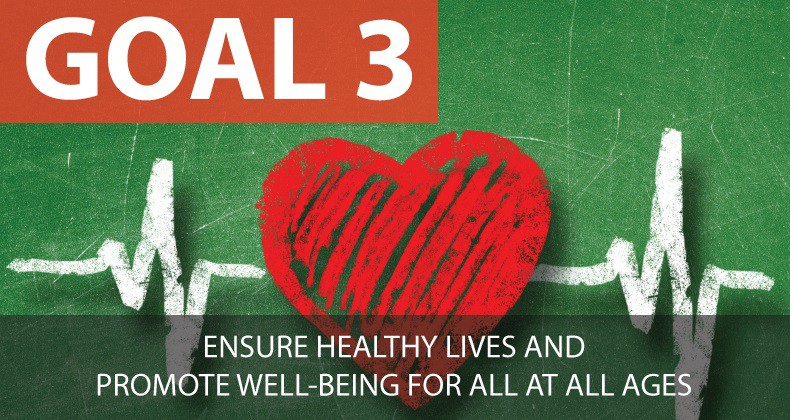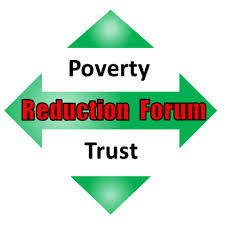Government – ZIMA standoff compromises health services
STANDOFF BETWEEN GOVERNMENT AND ZIMA WILL COMPROMISE HEALTH SERVICES: PRFT
By Byron Mutingwende
The Poverty Reduction Forum Trust (PRFT) has warned that a standoff between the government and the Zimbabwe Medical Association (ZiMA) will compromise the health sector.
This follows the recent media announcement by Zimbabwe Medical Association (ZIMA) that medical aid societies owe private doctors, hospitals and other health institutions over $220 million and as such, medical aid holders will be asked to pay cash up-front to access medical services.
“Such a move has a net effect of decreasing accessibility of health care by the majority of the people and the country risks losing out on the progress that it had made on MDGs related goals between 2000 and 2015.SDGs goal number 3 calls for – Ensuring Health and Wellbeing under the theme of leaving no one behind.
“Zimbabweans will bear the burden of such a move and their rights to access health as enshrined in the new constitution will be infringed and this automatically affects economic growth and poverty reduction efforts. PRFT believes the impasse between medical aid insurers and the health services providers is a symptom of a number of underlying social and economic challenges that are affecting the health services sector. It is critical that government and the policymakers look for root causes of the challenges bedeviling the health delivery system instead of putting measures that only address the symptoms,” PRFT said in a statement.
The social movement said that such a move posed many challenges in the health delivery sector. They said that the likelihood that people will pay cash upfront for medical services is very much unlikely considering the current economic situation.
PRFT noted that Zimbabwe has an income per capita of US$931.20, the second lowest in Southern Africa after Malawi with US$255.0, with an economy rapidly transforming into an informal one, less economic opportunities and coupled with the current cash crisis. As such, the ordinary people are likely to suffer the consequences.
“This situation will result in health hazards and fatalities in cases where someone does not have the cash at hand or in the bank. Already, the medical aid holders are facing challenges in paying high priced monthly subscriptions and making them pay cash upfront is double jeopardy on them. The model of private health insurance is not pro-poor or pro-people.
“Medical insurance schemes have high premiums with very limited cover and they service a smaller segment of the population which is mostly in the formal sector. The low-income earners and the informally employed are increasingly facing high private health care charges which are funded through out of pocket expenditure because they are not socially protected. Given that certain medical conditions require expensive surgeries, people would still need to fork out of pocket money to fully cover the medical costs even if they are insured,” said Pretty Chavango, the PRFT Media and Communications Officer.
In its recommendations, PRFT said that the proposed move should not materialize and the government as the regulator should find solutions that strike a balance between health service providers and the health funders to avoid compromising the health of the citizen.
“The government should foster transparency and accountability in the medical sector to make sure that all loopholes in terms of administration and regulation are stemmed. Thus, Government should allocate and disburse more resources towards local drug manufacturing and strengthen procurement system to make sure that drugs are in constant supply and are affordable both in the public and health care providers. This would help in reducing the costs of accessing health and medical aid premiums.”





